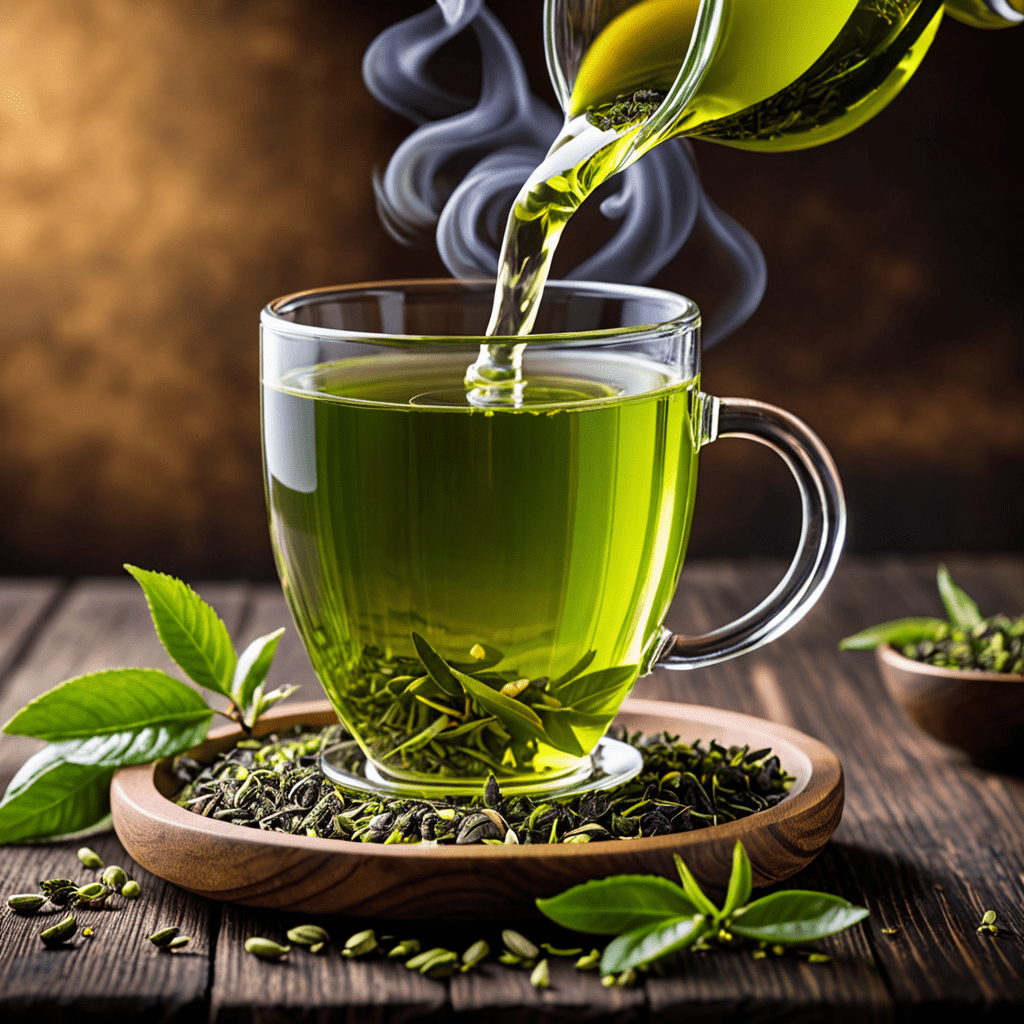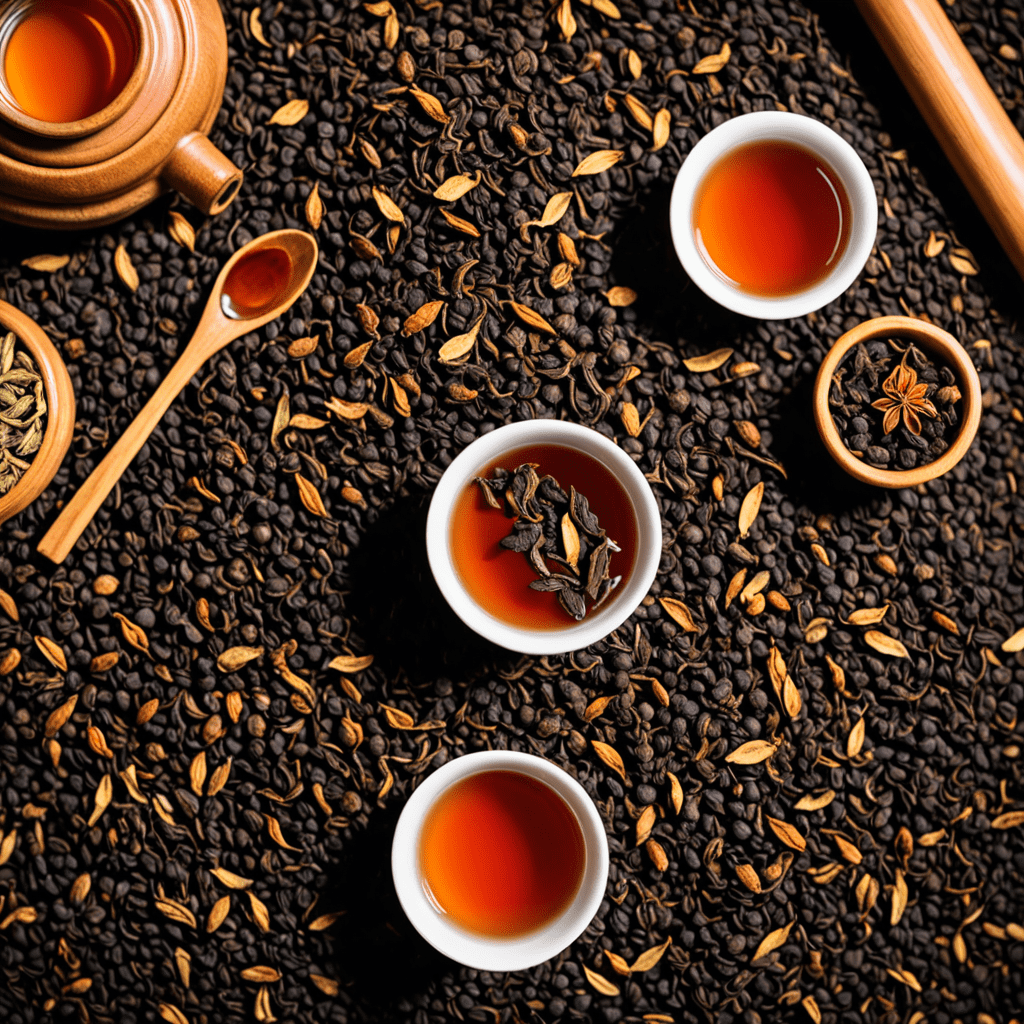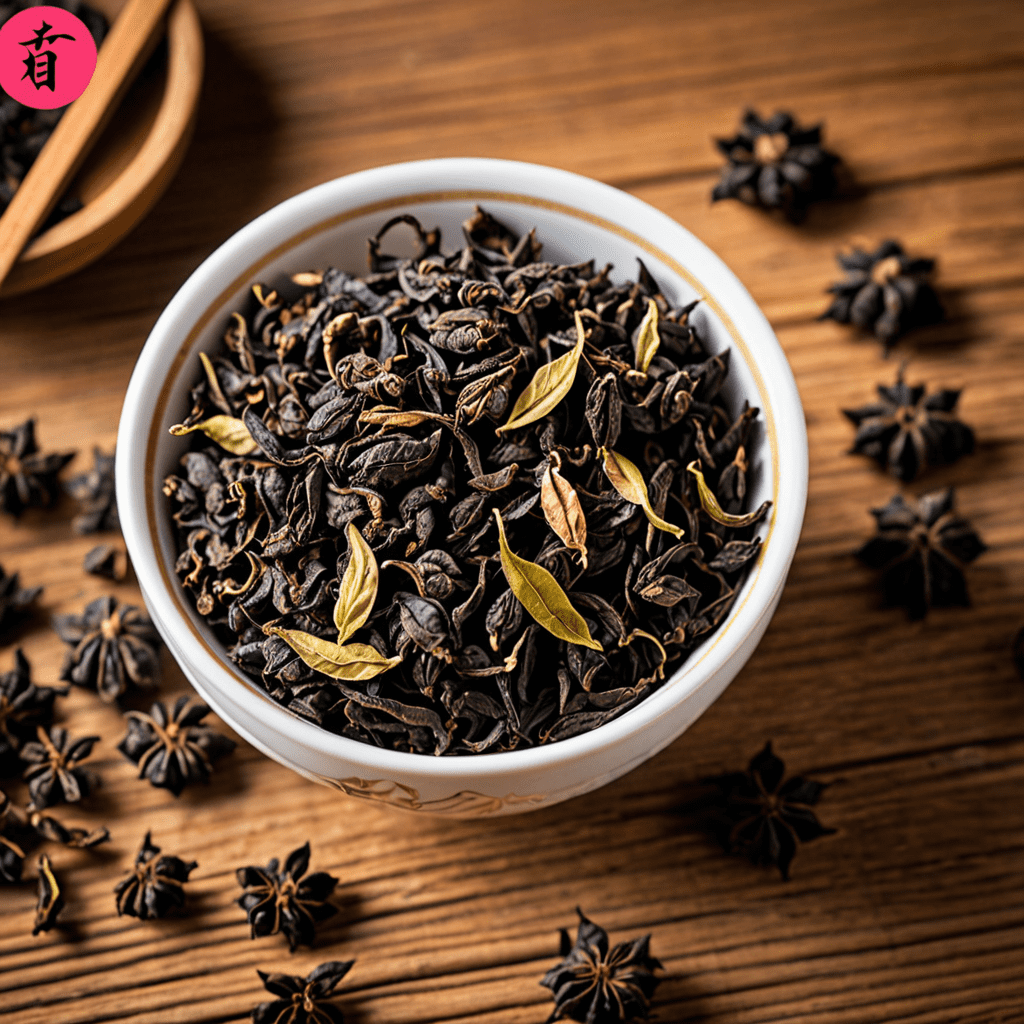
Why Does Green Tea Taste Bad?
Green tea is well-known for its numerous health benefits and unique flavor, but it can sometimes have a bitter or unpleasant taste. If you’ve had a bad experience with green tea, you might be wondering why it tastes this way. In this article, we’ll explore some of the common reasons why green tea can taste bad and offer some tips on how to improve its flavor.
1. High Temperature Water
The temperature at which you steep your green tea can significantly impact its taste. Using water that is too hot can cause the release of bitter substances from the tea leaves, leading to an unpleasant taste. To avoid this, it is recommended to use water between 160°F and 180°F (70°C – 82°C) when brewing green tea. This temperature range allows the flavors to develop without extracting excessive bitterness.
2. Oversteeping
Another common reason for green tea tasting bad is oversteeping. Leaving the tea leaves in hot water for too long can result in a strong, astringent flavor. To prevent this, follow the recommended steeping time for your specific green tea variety. Generally, two to three minutes is sufficient, but this may vary depending on the type of green tea and your personal preference.
3. Poor-Quality Tea Leaves
The quality of the tea leaves used to make green tea can greatly affect its taste. Lower-quality leaves may have a more bitter or astringent flavor compared to higher-quality ones. When purchasing green tea, opt for reputable brands or specialty tea shops that offer high-quality leaves. While these may be pricier, the improved taste is well worth the investment.
4. Overpowering Tea-to-Water Ratio
Finding the right balance between the amount of tea leaves and the amount of water is essential for a pleasant tasting experience. Using too many tea leaves in proportion to the water can result in a strong, overpowering taste. On the other hand, using too few leaves can lead to a weak or watery flavor. Experiment with different ratios to find the right amount that suits your taste preferences.
5. Stale or Improperly Stored Tea
Green tea is best enjoyed when it’s fresh. Stale or improperly stored tea can lose its flavor and develop a dull or flat taste. Ensure that you store your green tea in an airtight container away from moisture, heat, and strong odors. It’s also recommended to consume it within six to eight months after purchasing for the best taste.
6. Personal Preference and Sensitivity
Lastly, taste is subjective, and personal preference plays a significant role. Some individuals may simply not enjoy the taste of green tea due to its natural characteristics. Additionally, certain people may have heightened sensitivity to the bitter compounds in tea, making it taste worse to them. If green tea consistently tastes bad to you, it’s possible that it may not be your preferred beverage.
FAQ
Q: Can adding sweeteners or flavorings improve the taste of green tea?
A: Yes, adding natural sweeteners like honey or maple syrup and flavorings like lemon or mint can help mask any bitter or undesirable taste of green tea. However, it’s recommended to experience the natural flavors of green tea before making any additions.
Q: Are there specific green tea varieties that taste better than others?
A: Yes, different green tea varieties can have distinct flavors. Some popular and well-regarded varieties include Matcha, Sencha, Dragon Well, and Jasmine green tea. Exploring different varieties can help you find one that suits your taste preferences.
Q: Does the water quality affect the taste of green tea?
A: Yes, the quality of water used to brew green tea can influence its taste. Water that contains impurities or has a strong flavor (such as heavily chlorinated water) can affect the overall taste of the tea. Using filtered or spring water may improve the flavor.


